What exactly is Civil War, the new movie from writer/director Alex Garland? Despite its bombastic, Call of Duty-inspired trailers and legions of angry people on social media—many who are pretty proud of not having seen the movie they’re so mad about—its plot is probably not what you expect.
A team of four journalists—a hardened, famous photographer (Kirst Dunst), an ambitious on-camera personality (a distractingly hot Wagner Moura), a past-his-prime New York Times writer (Stephen McKinley Henderson), and a young, inexperienced photographer trying to break into the life (Cailee Speany)—get word the war between the US Government and a loose coalition of secessionist states is in its last days. They race to get from NYC to Washington, DC to interview the President before the end of the war.
Audiences expecting Call of Duty: The Movie will be disappointed, and the movie knows this. So what is Civil War, other than the most comprehensively terrifying horror movie of the year?
Garland has been kicking around Hollywood since the late ’90s. As a screenwriter, he crafted nightmares with Danny Boyle as diverse as The Beach, 28 Days Later, and Sunshine. He wrote the sci-fi Die Hard riff Dredd—and according to star Karl Urban, actually directed it. He spent the 2010s crafting thought-provoking, high-concept sci-fi horror with Ex Machina, Annihilation, and the criminally underseen FX series Devs.
There is a lot of science fiction in Garland’s resume, and Civil War, with its too-tall NYC skyline, has clues that it’s set in the near future. But all of Garland’s work has a hefty amount of horror in it. He creates stories about power, destruction, and the people caught up in both, which often end on a note of brutal cynicism.
Civil War has been marketed as a war movie, and while there is a lot of authentic-feeling military combat in it, I wouldn’t call these scenes “action.” The gunshots are terribly loud and frequent, and you never see the bullet that kills you. People who are shot just drop and bleed out while our characters snap photos, and Garland uses these photos to linger on the horror for a few extra seconds.
All four of our main characters are at different stages of the war-correspondent life: Jessie (Speany) is intrigued but ignorant of the danger. We see her begin to transform into Joel (Moura), a thrill-seeking maniac who buries his fear under booze, pot, cigarettes, and cathartic screaming. Joel is about 10 years away from evolving into Lee (Dunst), who believes she is desensitised to horror but slowly cracks under the pressure as they get closer and closer to D.C., transforming into wise and sentimental Sammy (Henderson), who is protective of his younger colleagues and yearns for the old days when he could physically do what it took to get the story.
This is not a movie about what an American civil war would actually be like. I’ve read people (mostly Americans) saying Garland is a coward for not taking a political stand, that he’s “stripped” this movie of its politics, and how dare a man from the UK release a movie about this in an election year!
The truth is, this movie isn’t about America at all. The words “Democrat” and “Republican” are never said once, and the few clues we get about how the war started seem to boil down to “The President illegally gave himself a third term,” which is as plausible an explanation for this as any. And if you need a movie to tell you that some of the things that happen in it are Not Good, you’ve got problems a movie isn’t going to solve.
Civil War is about tribalism. It’s about the unstoppable frenzy of war. It’s about the gnawing feeling in the back of every journalist’s mind that what they’re doing is futile, that the truth is an illusion, and that they’re risking their lives for nothing.
But mostly, Civil War is about witnessing. We watch these journalists snap pictures, Garland shows us these pictures, and sometimes the characters stare right back at us. But there’s no judgment in Cailee Speany’s eyes when she stares down the barrel of Garland’s camera right through the screen at us. She’s not saying, “Isn’t this horrible?” All she’s saying is, “See?”
This is exemplified in the movie’s closing shot, an astonishing piece of photography, which slowly develops before our eyes as the credits roll. In a single image, it recalls decades of U.S. foreign policy on both sides of 9/11, Abu Ghraib, the CNNification of war, racial tensions, and the role Call of Duty has played in shaping the minds of our soldiers.
Most of the people in my theater waited until that image left the screen to grab their coats and leave. I think the people in my audience—presumably all Canadians, considering the dry chuckle most of us gave an early joke about the value of the US dollar—didn’t really know what to do with ourselves.
A few hours after the movie ended, while reading in bed, I thought about the city streets, village roads, and golf resort fairways soaked in blood and rimmed with fire in Civil War. I thought about a running gun battle outside my bedroom window, of Humvees and Abrams tanks rolling down my street.
In my pretentious downtown townhouse in my oil-money city, I felt uneasy. An unease I don’t feel when I think about Gaza or Kiev, those faraway places where people like Lee and Jessie are, right now, capturing horrific images and sending them back to us as a warning. Images that are often met with disinterest, or ignorance, or disdain, or glee.
Garland knows his movie is going to piss people off, not because of the sacrilege of shooting a missile at the Lincoln Memorial, but because we’re too ashamed to admit that this really could happen here, that America is not different from those faraway places. If it did happen here, it would be as much our fault as it was for the people of Mariupol.
That’s the meal Garland prepares with Civil War: a continent-sized order of shame, served cold.

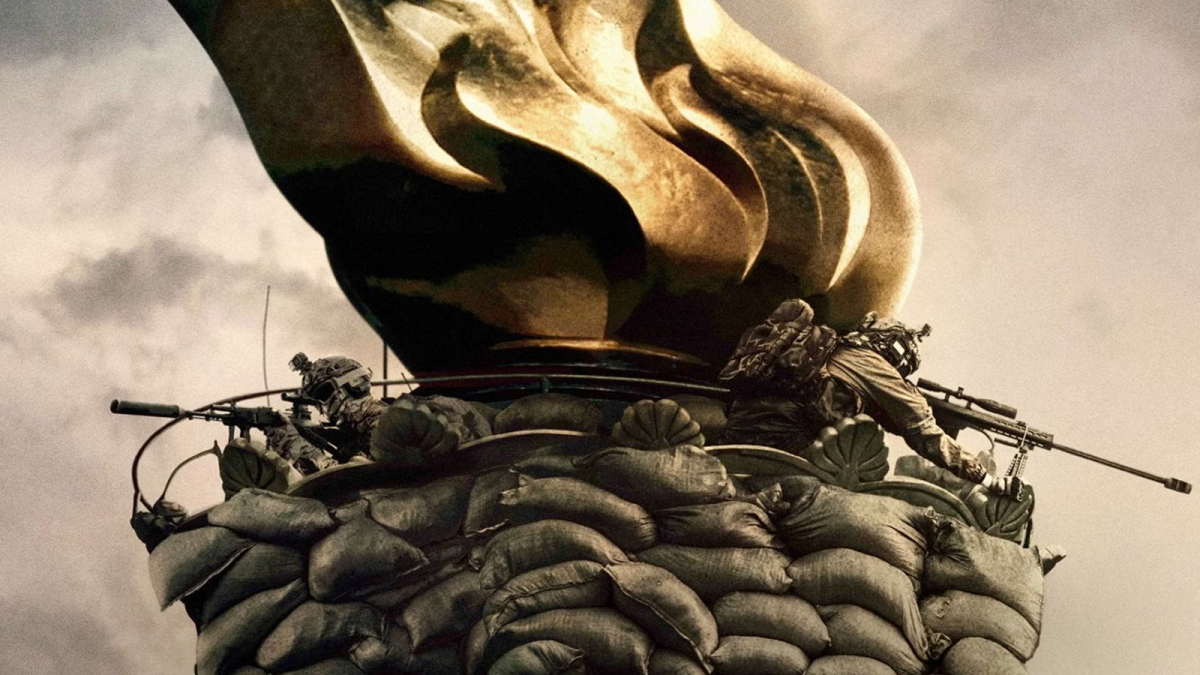
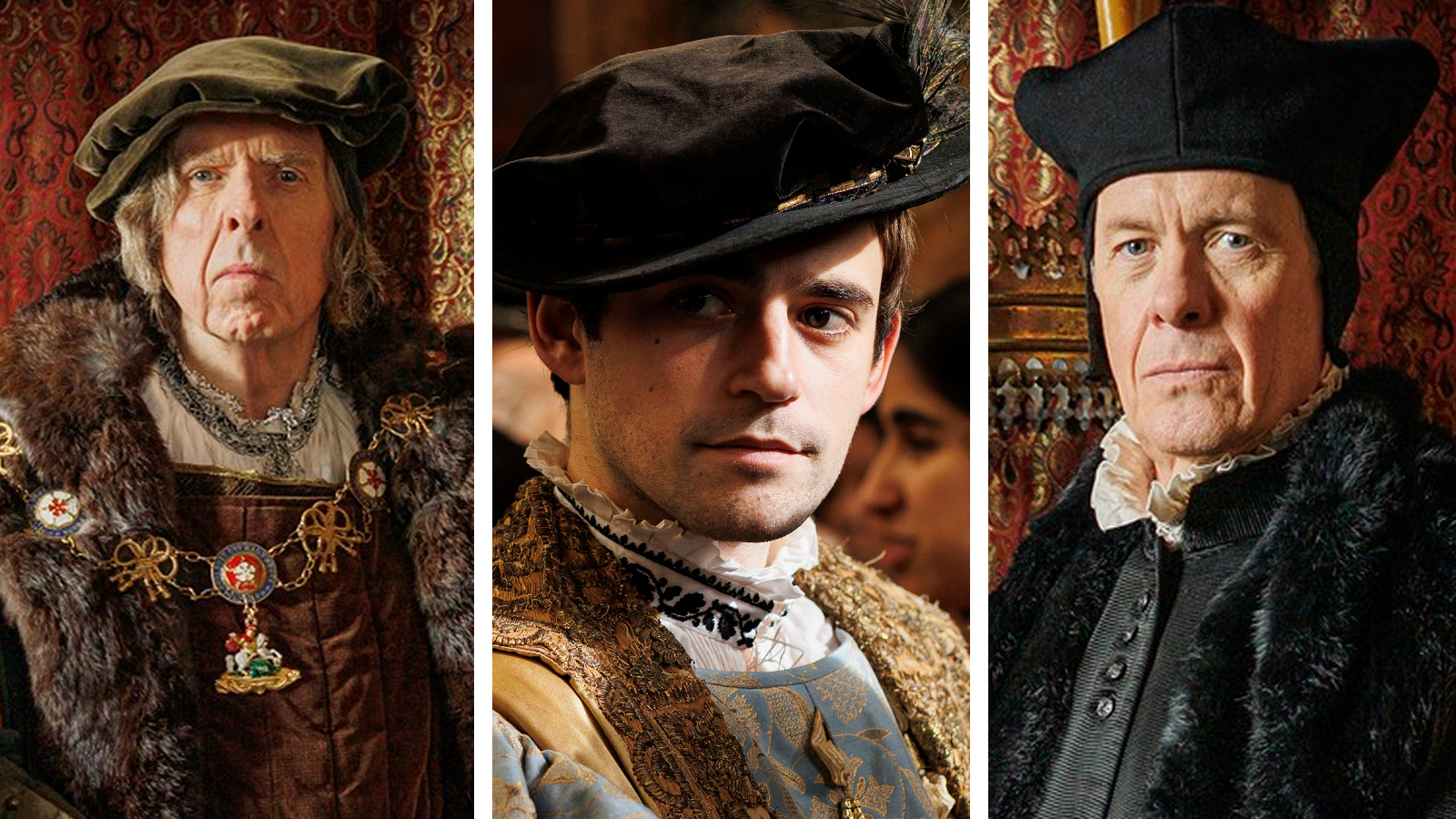

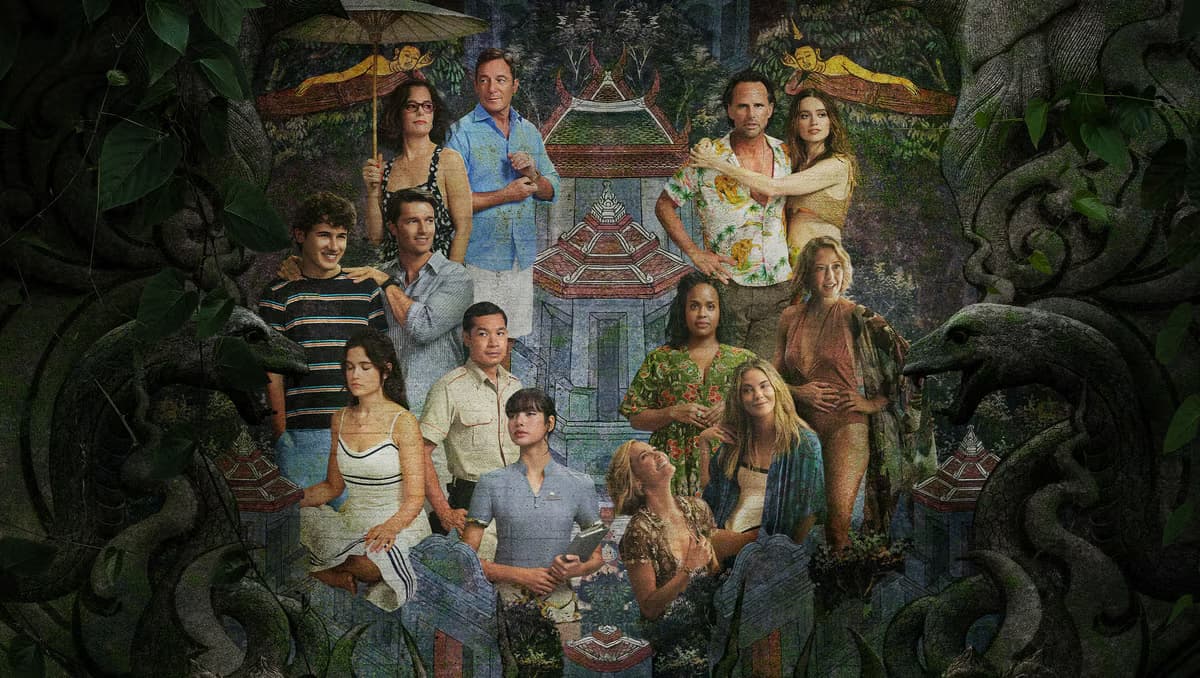



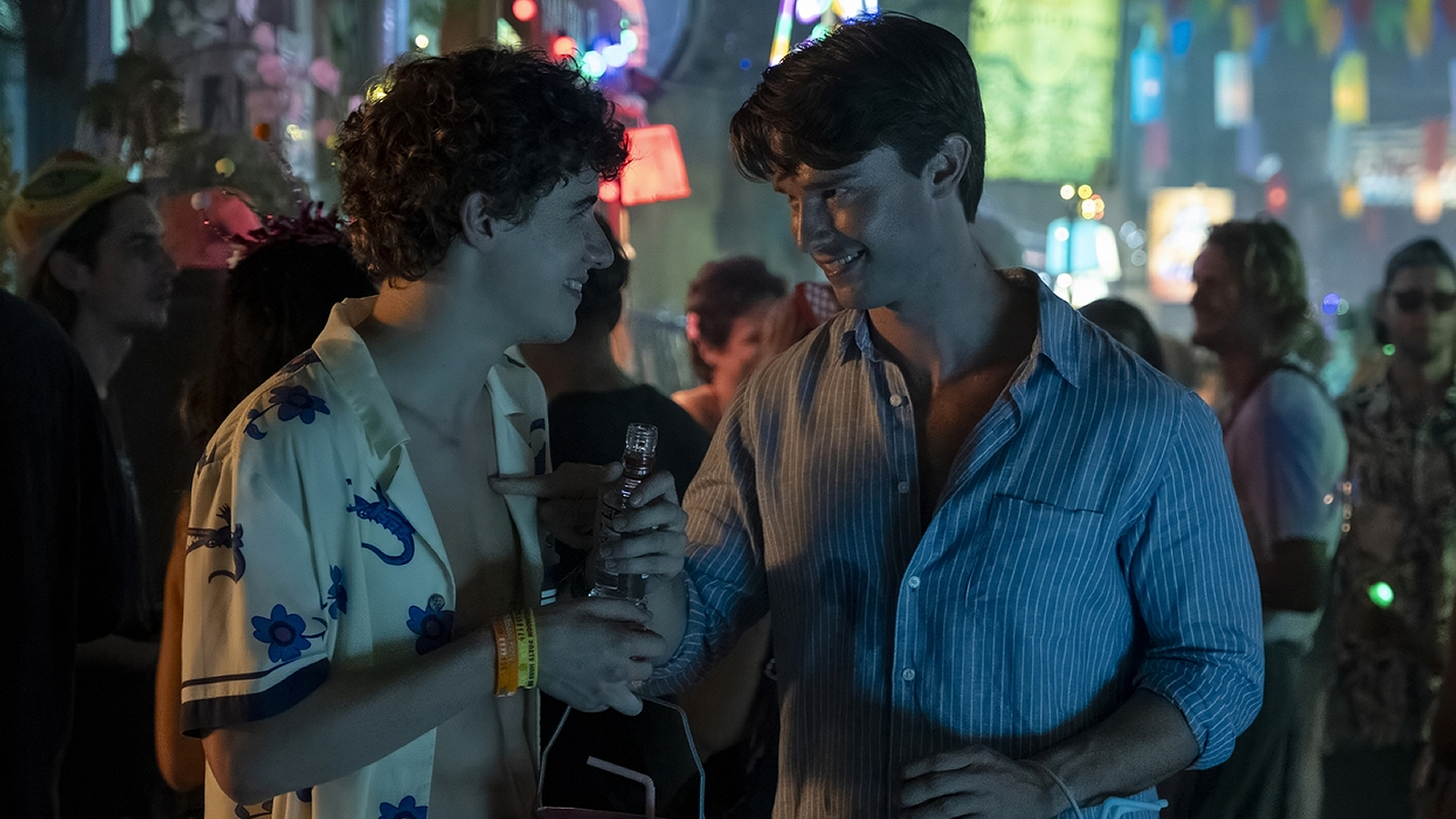




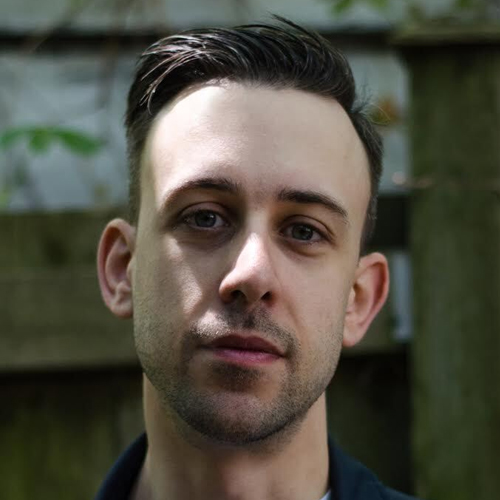
Published: Apr 15, 2024 9:36 PM UTC